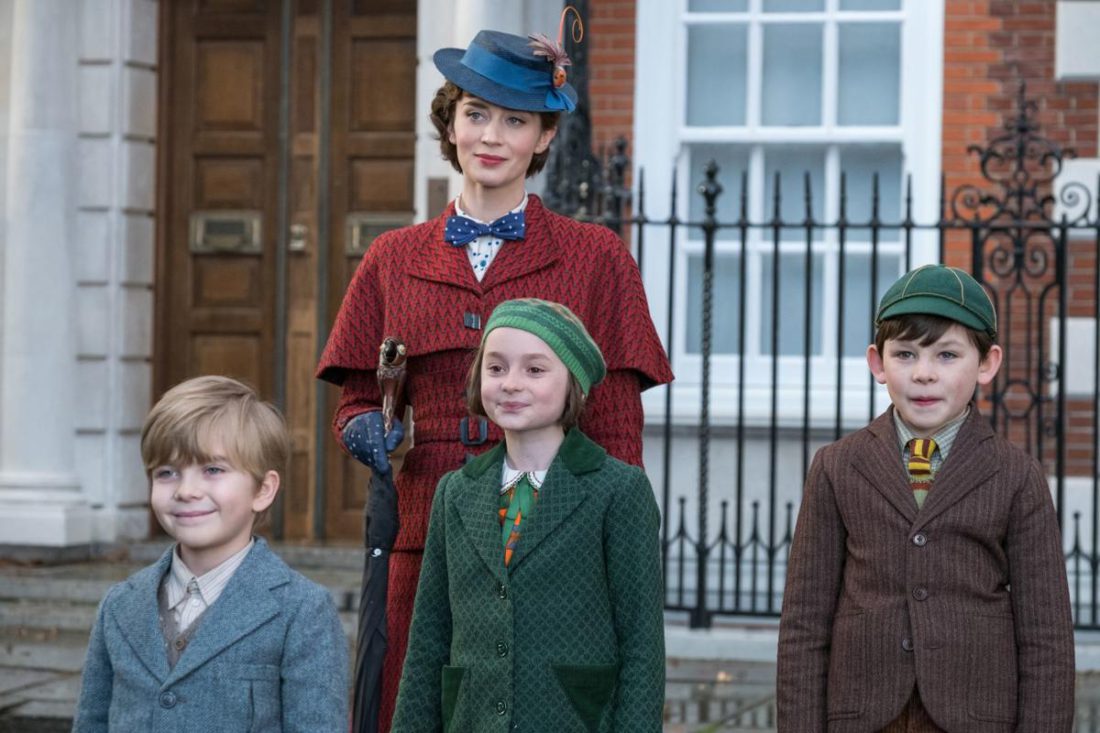
Just because you’re making a children’s movie doesn’t mean you have to make it as though you were still a child. Mary Poppins Returns is a film so lacking in complexity, so deficient in emotional stakes and dramatic impetus, that all but the least sophisticated children will see through its paper-thin plot and shallow characterization — which is to say nothing of the many adult critics who have lauded this abominable, nostalgia-driven cash grab. A spoonful of sugar may well help the medicine go down, but a truckload of bloated musical numbers will do absolutely nothing to help you swallow this sequel.
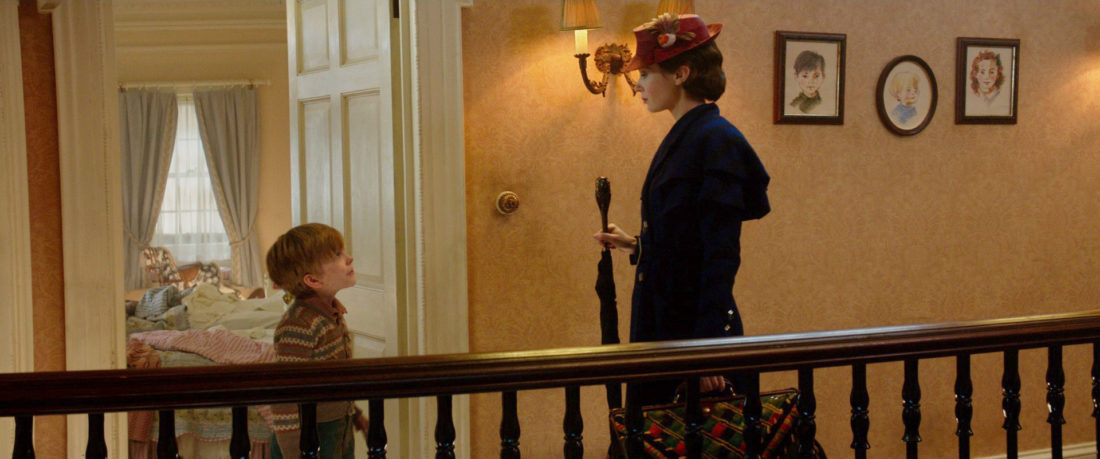
While I’m prepared to concede that Mary Poppins Returns may not conjure regurgitory rewrites of classic songs in the mind of all viewers, my objections are not without basis. While revisiting a beloved film from childhood may appeal to boomers staring down the glaring inadequacies of the legacy they’re leaving to the next generation, the film that’s resulted from such premature eulogization is woefully underwhelming, if somewhat befitting. While it’s allegedly truer to the source novels than its 1964 antecedent, director Rob Marshall and writer David Magee have reimagined Mary Poppins as … well, kind of a bitch.
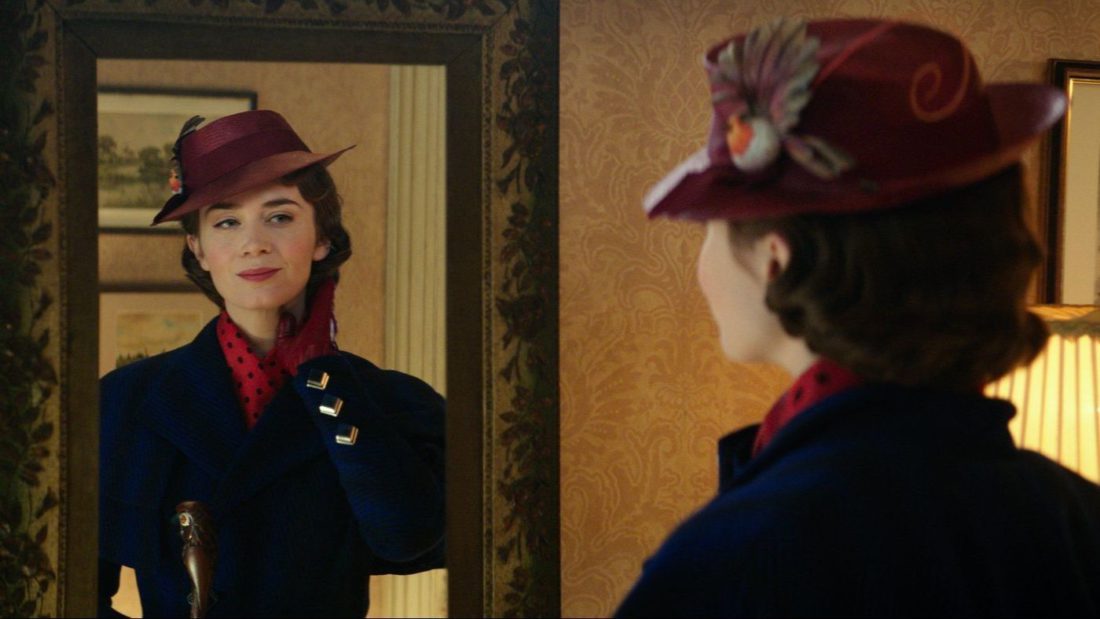
Some degree of blame for this can be laid at the feet of star Emily Blunt, who lacks the innate warmth of her predecessor, Julie Andrews. But I suspect that much of the vainglorious derision this incarnation of Poppins exhibits is rooted in the very DNA of Magee’s script. It takes a particularly bad film to leave me searching for unintentional subtext during an initial screening, but Mary Poppins Returns is exactly that sort. My reading, in essence, is this: Mary Poppins is actually an Archon as depicted in the Gnostic cosmology, a callous being of nearly godlike power, manipulating the fates of mortals in order to revel in their suffering. To explain this position requires some potentially spoiler-prone plot synopsis — and if that synopsis proves almost as tedious as the film itself, I can’t be held responsible. After all, I didn’t write the damned thing.
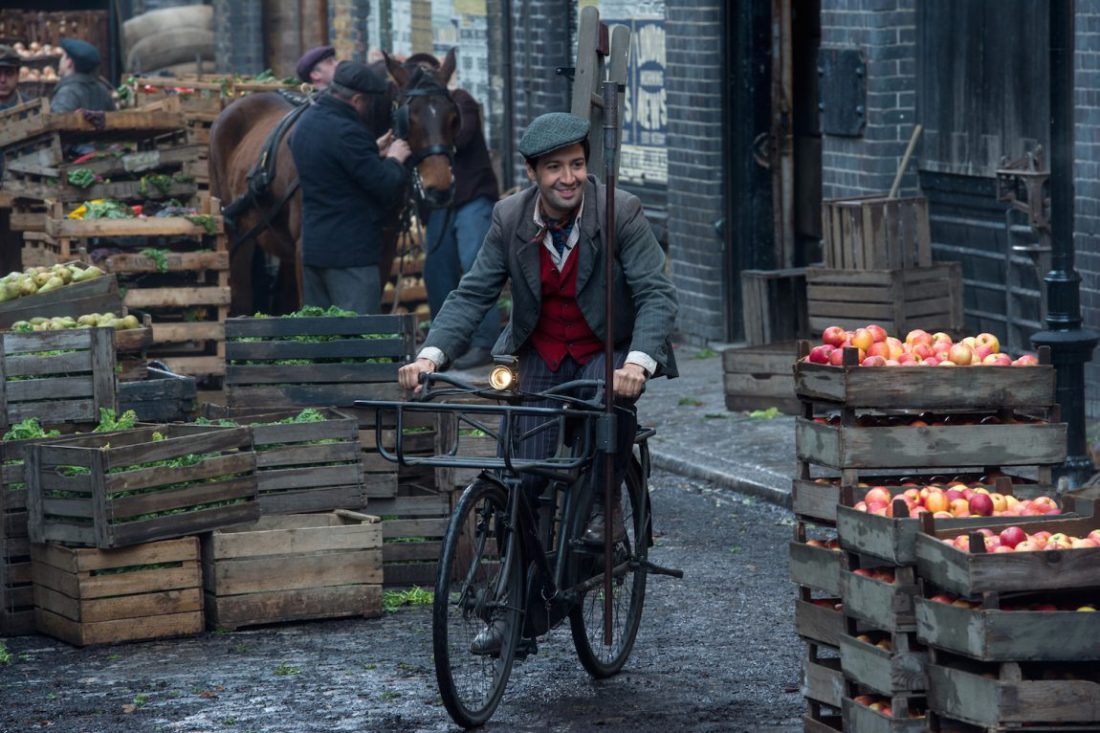
Magee and Marshall’s story picks up with the prior film’s Banks children all grown up in 1930s London, with Michael (Ben Whishaw) a recently minted widower and Jane (Emily Mortimer) a quasi-communist labor organizer. The reasons for, and ramifications of, Jane’s leftist leanings are never explored — as Lin-Manuel Miranda’s Jack says at one point, “The first thing you’ll learn about Mary Poppins is, she never explains anything.” Neither does the film, which finds Michael on the verge of losing the ancestral home to mustache-twirling banker Colin Firth. The film proceeds in largely predictable — if decidedly ponderous — fashion from there. Spoilers from here on out — consider yourselves warned.

If the plot’s machinations ensue with little surprise, it’s Poppins’ behavior that defies expectation. One could conceivably ascribe her constant condescension and preening self-affection to the literary source material and still potentially enjoy the film, were it not for the fact that she seems to so frequently transgress into the territory of malevolence — and Blunt’s taunting smirk implies that she knows exactly what she’s doing. She orders Michael’s youngest child to dispose of a sheave of papers containing the one document that could save their home; she watches impassively as dozens of lamplighters risk their lives in an 11th-hour attempt to literally turn back the clock, intervening only to save the sole character who has displayed the kind of worshipful fealty that any demigod worth her salt desires; she sows the seeds of discord between the children and their father, going so far as to prompt the kids to sneak into his boss’s office, thereby jeopardizing the meager income that’s keeping them all out of the dole line. Most damningly, once the story reaches its perfunctory happy ending, Poppins abandons the children — who, mind you, are now losing their surrogate maternal figure just months after they lost their biological mother— without so much as a wave goodbye.
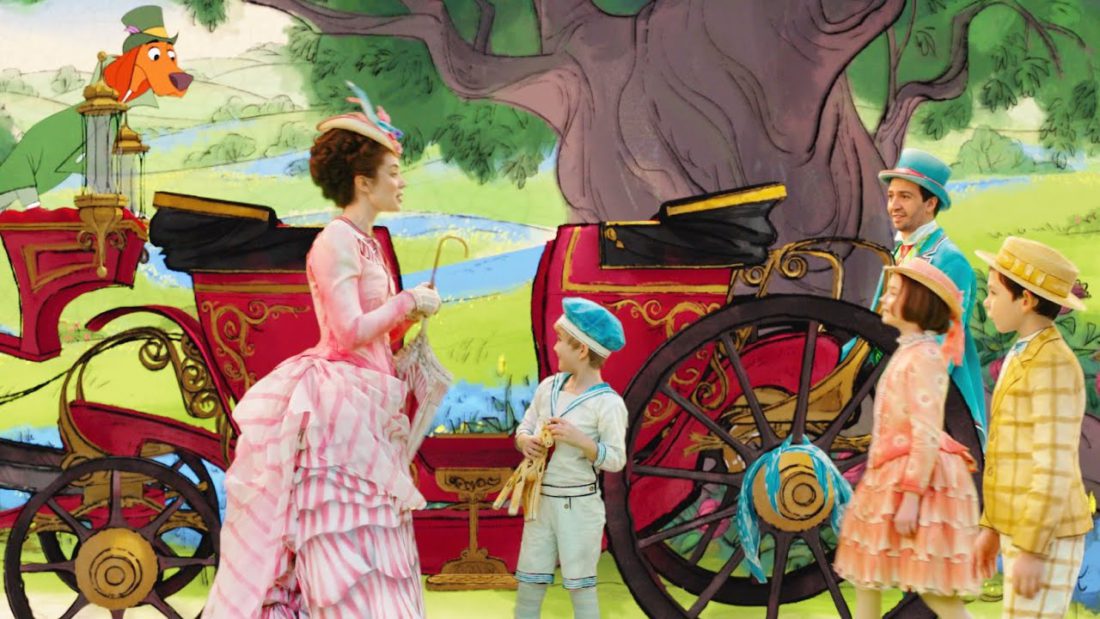
Like another literary Archon, Judge Holden in Cormac McCarthy’s Blood Meridian, Mary Poppins’ sole motivating factor seems to be to create chaos and engender discontent in her charges, lowly human beings whose lives seemingly hold little value beyond the sustenance she derives from their pain. Now, before those of you who have seen the film protest that Poppins is trying to teach the Bankses a lesson in self-reliance through some sort of sadistic pseudo-Socratic method, let me pose this question: What does anyone actually learn here? Disaster is only averted through accidental means, and were it not for her magical intervention with Big Ben, it wouldn’t have been averted at all. Even then, the compulsorily corny conclusion still requires the deus ex machina intercession of a character that doesn’t appear until the film’s final 15 minutes. And my previously stated objections to this film aren’t even taking into account the tepid and forgettable songs that eat more than half the film’s egregiously long running time, the anachronously rapping and BMX-riding lamplighters, a truly terrible cameo from Meryl Streep, and some utterly unremarkable direction from Marshall. Whimsical? Yes. Derivative and uninspired? Also yes. It might score some points for a sequence highlighting some throwback Disney animation in the vintage mode, but that doesn’t count for much. If all you care about is seeing Lin-Manuel Miranda on the big screen, or you’re hellbent on inflicting mediocrity on your children, there might be something here for you. Otherwise, Poppins is perfectly preposterous in every way. Rated PG for some mild thematic elements and brief action.
Now Playing at AMC River Hills 10, Carolina Cinemark, Grail Moviehouse, Regal Biltmore Grande, Epic of Hendersonville, Co-ed of Brevard.




Before you comment
The comments section is here to provide a platform for civil dialogue on the issues we face together as a local community. Xpress is committed to offering this platform for all voices, but when the tone of the discussion gets nasty or strays off topic, we believe many people choose not to participate. Xpress editors are determined to moderate comments to ensure a constructive interchange is maintained. All comments judged not to be in keeping with the spirit of civil discourse will be removed and repeat violators will be banned. See here for our terms of service. Thank you for being part of this effort to promote respectful discussion.